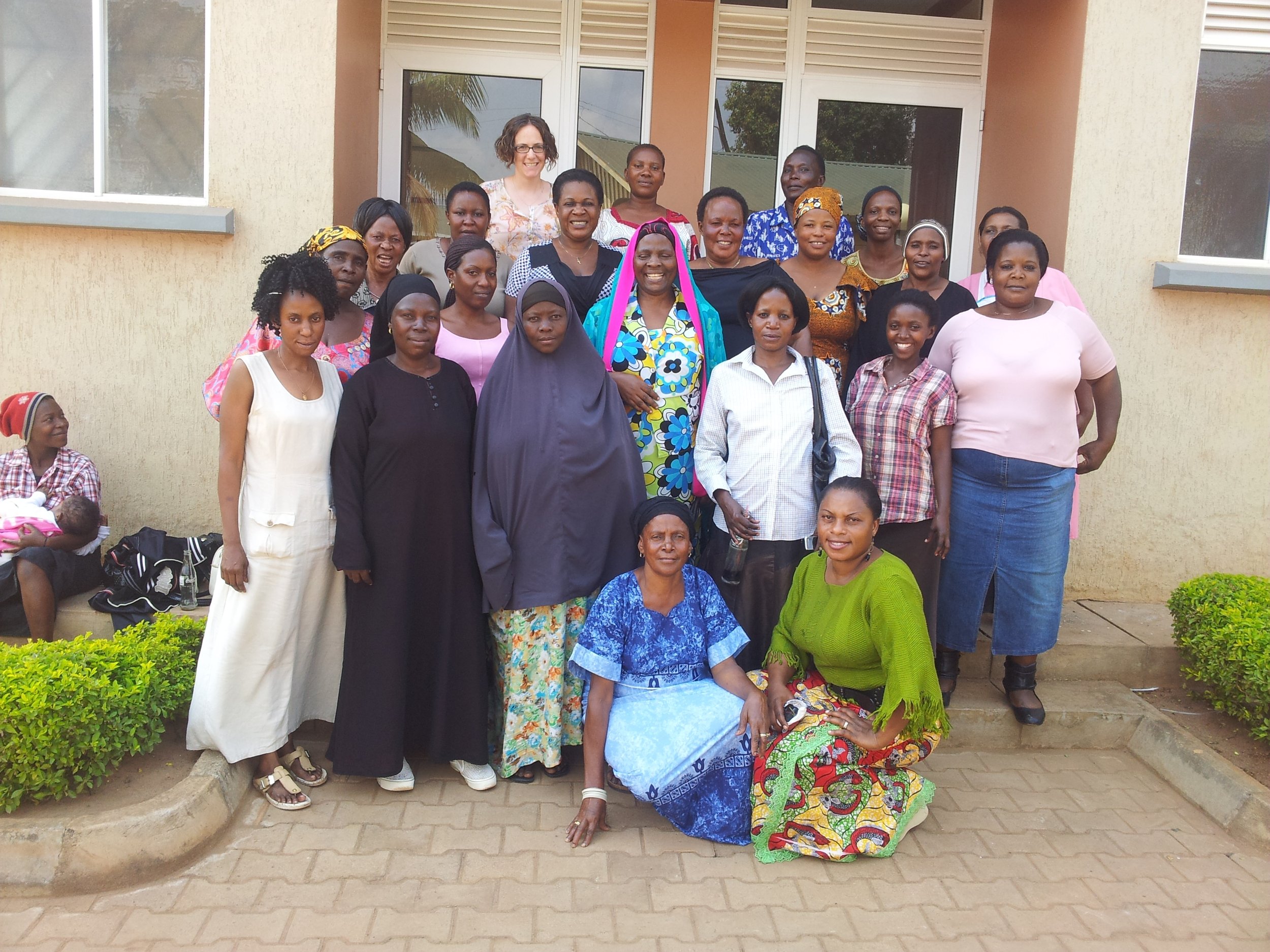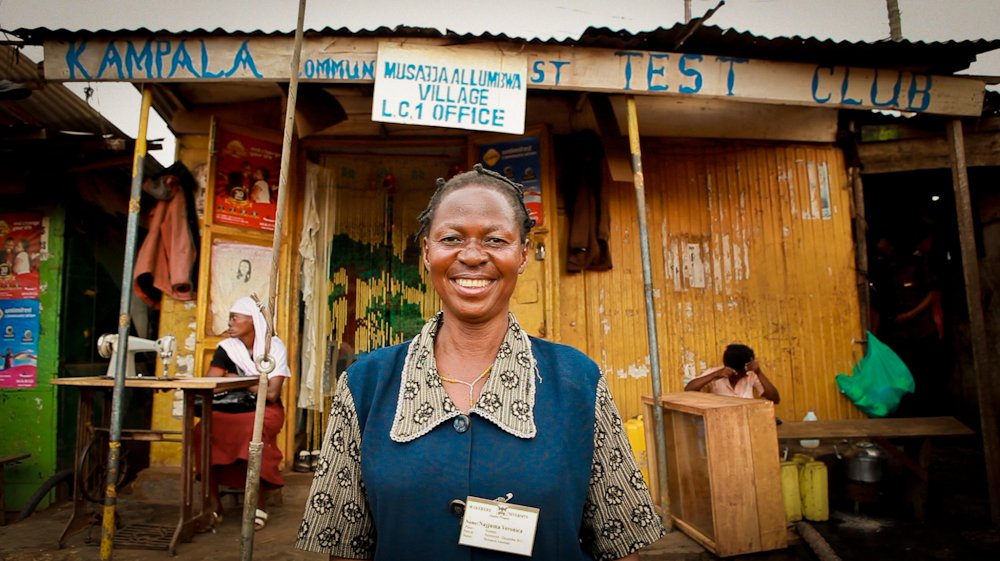Cervical cancer is the second most common cancer in women living in low and middle income countries, where around 85% of cases occur globally.
ASPIRE is a women’s health initiative that uses innovative models and technologies to improve access to reproductive health in low income settings. Since 2007, ASPIRE has conducted various community-based cervical cancer screening initiatives in Uganda and Rwanda using self-collection based HPV testing.
The project takes an integrated health services approach to address cervical cancer and other reproductive health issues including sexually transmitted infections and HIV.

ASPIRE Projects
Click the downloadable summary graphics to learn more about ASPIRE projects and publications.
-
This study aims to implement and improve access of self-collected cervical cancer screening in the subcounty of Malongo within the Mayuge district.
The data will inform the national cervical cancer prevention and control strategy about optimal strategies to educate the community, create demand for screening and immunization services, and leveraging existing health system resources to build on existing resources.
-
ASPIRE Generations aims to better understand the impact of a cervical cancer diagnosis on Ugandan women, their children, and families.
By identifying financial and social impacts, determining the level of child and family dependence on women diagnosed with cervical cancer, and barriers to accessing treatment, the ASPIRE team will quantify the impact of cervical cancer screening programs and serve as an example for investing in the mobilization of resources to support community-relevant improvements to global cervical cancer screening programs.
This study will take place at the Uganda Cancer Institute in Kampala, the centralized treatment center for cervical cancer in Uganda.
-
In collaboration with the University of Rwanda and Eagle Research Center, the ASPIRE team will be implementing a descriptive study to inform the study design of a potential larger clinical trial in Rwanda. By using qualitative research methods, a patient survey will be implemented in both urban (Kigali) and rural (Nyamata) settings.
-
Uganda has one of the highest cervical cancer rates in the world. Using self-collected HPV tests, the ASPIRE study has conducted various community-based cervical cancer screening initiatives to improve access to reproductive health in Kisenyi, Uganda.
-
Uganda has not yet implemented a comprehensive national screening program, which has contributed to high cervical cancer rates in the country. Cervical cancer screening is offered opportunistically, especially in rural regions, largely as a result of resource constraints. The integration of a self-collected cervical cancer screening program using HPV testing within community-based health systems could reduce individual and health system barriers in Uganda and empower women to take leadership in their own health.
In partnership with the Uganda Cancer Institute, we will be conducting a 2-armed pragmatic cluster randomized trial in the rural Mayuge region of Uganda. The goal of this project is to compare the effectiveness of two community-based cervical cancer screening models using self-collected HPV testing: 1) Community health worker recruitment (door-to-door); and 2) community health meetings. Results from this study will inform the national scale-up of cervical cancer screening in Uganda, aligning with the World Health Organization’s target of achieving cervical cancer elimination through the pillar of increased HPV screening coverage.
ASPIRE Policy Briefs
When a Mother Lives (Video)













